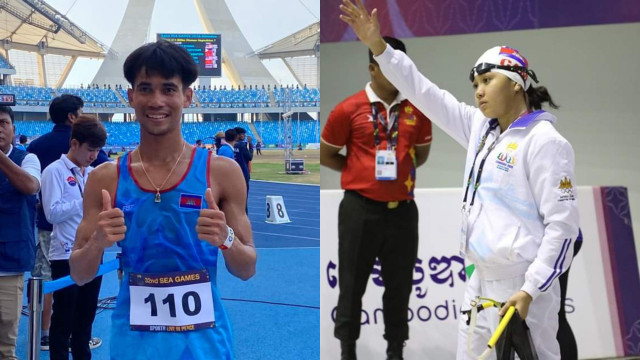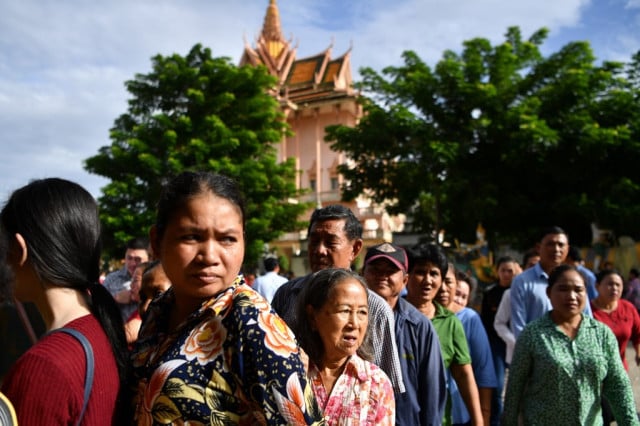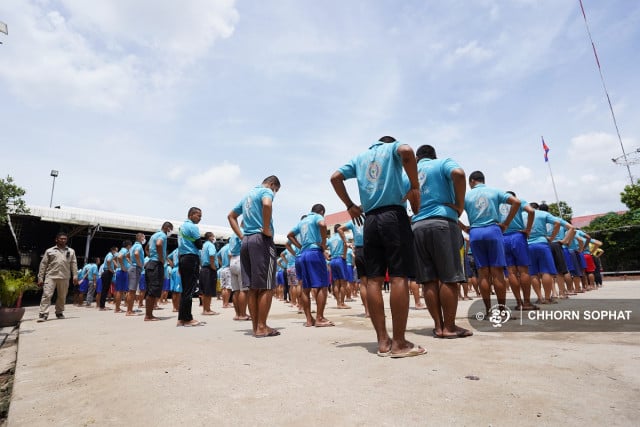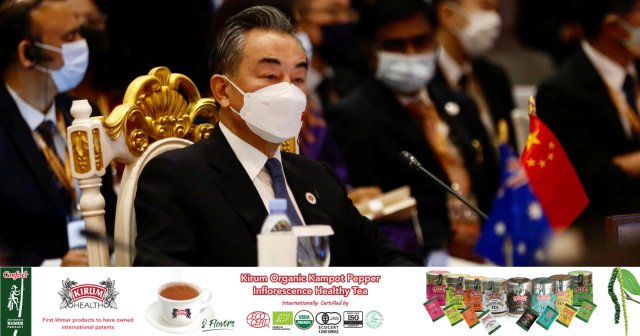Cambodia Joins Post-COVID Education Study

- By Sam Sopich
- September 3, 2022 10:38 AM
PHNOM PENH – Cambodia will assess how effectively 15-year-olds were educated during the pandemic as part of a global study of ways to help them catch up.
The Programme for International Student Assessment (PISA) will test students' ability in reading, math and science.
The Ministry of Education and international organizations said in a statement on Sept. 1 that Cambodia will join the assessment for the first time.
PISA data would let the ministry target its interventions and identify how best to deliver quality education to all students and help them recover from learning loss due to the pandemic.
The statement said PISA was a significant step towards understanding student learning outcomes, taking stock of what learners know, gauging the readiness of Cambodia’s youth for the future and orienting post-COVID-19 recovery efforts.
Understanding children’s learning levels helped measure progress and provided data for decisionmakers to support schools, teachers and students.
Hangchuon Naron, Minister of Education, Youth and Sport, said the ministry was investing heavily in early grade learning, teacher upskilling and digital education.
This would help Cambodia overcome the learning challenges caused by the COVID-related school closures. Cambodia was pleased to be part of this global assessment.
“We look forward to better understanding the learning levels of our students as it is critically important to ensure our interventions are correctly targeted,” the minister said.
Carmen Moreno, European Union Ambassador in Cambodia, said quality data and research were critical for good policy-making, and research data was comparable across borders to help the government understand the issues to ensure public money is spent efficiently.
“We can really tackle problems when we can define them clearly. Data and evidence give us the power and help us decide if the proposed solutions go in the right direction, so we spend money for results,” the ambassador said.
“The EU is proudly partnering with Cambodia in evidence-based policy-making.”
Rebecca Black, USAID’s acting mission director in Cambodia, said she had the pleasure of following the steady progress of Cambodia’s education reforms since 2013.
“The PISA ideally complements the Early Grade Reading Assessments, which USAID has been carrying-out with Cambodia experts to monitor student learning in the primary grades.” Black said.
“We are proud to be a partner on this important initiative to collect and use data transparently in the education sector.”
Foroogh Foyouzat, UNICEF representative in Cambodia, said it was critical to take action to address the severe learning loss felt by children from COVID restrictions,
“Equitable access to quality education plays a critical role in strengthening the development of human capital in Cambodia and ensuring that all children can build the essential knowledge, skills and abilities they need to shape their future in the years to come,” she said
This assessment is funded by the ministry with a contribution from the multi-country Capacity Development Partnership Fund (CDPF), which consists of the European Union, USAID, the Swedish Development Cooperation Agency (SIDA), the Global Partnership for Education and the United Nations Children’s Fund (UNICEF).
Since its inception in 2000, the PISA has become a global standard in assessing school performance and progress and has played an important role in shifting policy focus from education inputs to learning outcomes in government decisions and policy making.
The results are expected to be ready in early 2023.















